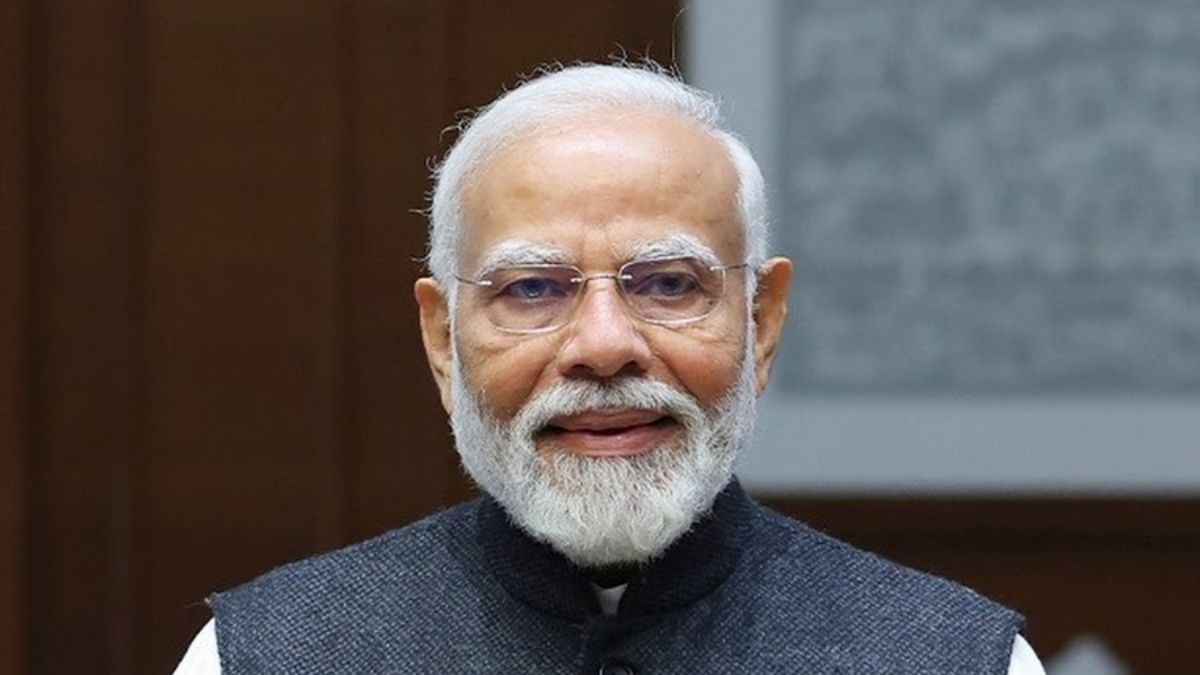The Union Cabinet, chaired by Prime Minister Narendra Modi, has approved the ‘One Nation One Subscription’ (ONOS) scheme, aimed at providing country-wide access to scholarly research articles and journals. This transformative initiative seeks to democratize access to academic and scientific knowledge, fostering research and innovation across India.
Key Highlights of the ONOS Scheme
- Nationwide Access: ONOS will grant centralized access to a vast repository of high-impact research articles and journals for institutions across the country.
- Allocated Budget: The government has earmarked Rs 6,000 crore for the scheme over three calendar years (2025-2027).
- Beneficiaries: The scheme will benefit over 6,300 higher education and research institutions, covering approximately 1.8 crore students, faculty members, and researchers across the nation.
- Unified Portal: A dedicated portal, managed by the Information and Library Network (INFLIBNET) under the University Grants Commission (UGC), will enable seamless access to resources for institutions.
Objectives of ONOS
- Promoting Research and Innovation: By expanding access to scholarly journals, ONOS aims to bolster both core and interdisciplinary research, especially in tier 2 and tier 3 cities.
- Enhancing Education Quality: The initiative aligns with the National Education Policy (NEP) 2020 and the Viksit Bharat@2047 vision, aiming to maximize the reach and quality of higher education.
- Supporting Government Institutions: Benefits will extend to higher educational and research institutions under both Central and state government management.
Role of ANRF
The Anusandhan National Research Foundation (ANRF) will periodically evaluate the usage of the scheme and the publications of Indian authors. This review process will ensure the efficient utilization of resources and promote domestic contributions to global research.
Significance
ONOS is expected to revolutionize India’s academic landscape by removing barriers to accessing high-quality research materials. The scheme not only supports students and researchers in top institutions but also bridges the gap for those in smaller cities and towns, thereby democratizing knowledge and fostering innovation.
This initiative underscores the government’s commitment to leveraging technology for inclusive education and research, paving the way for a more robust academic and scientific ecosystem in India.


